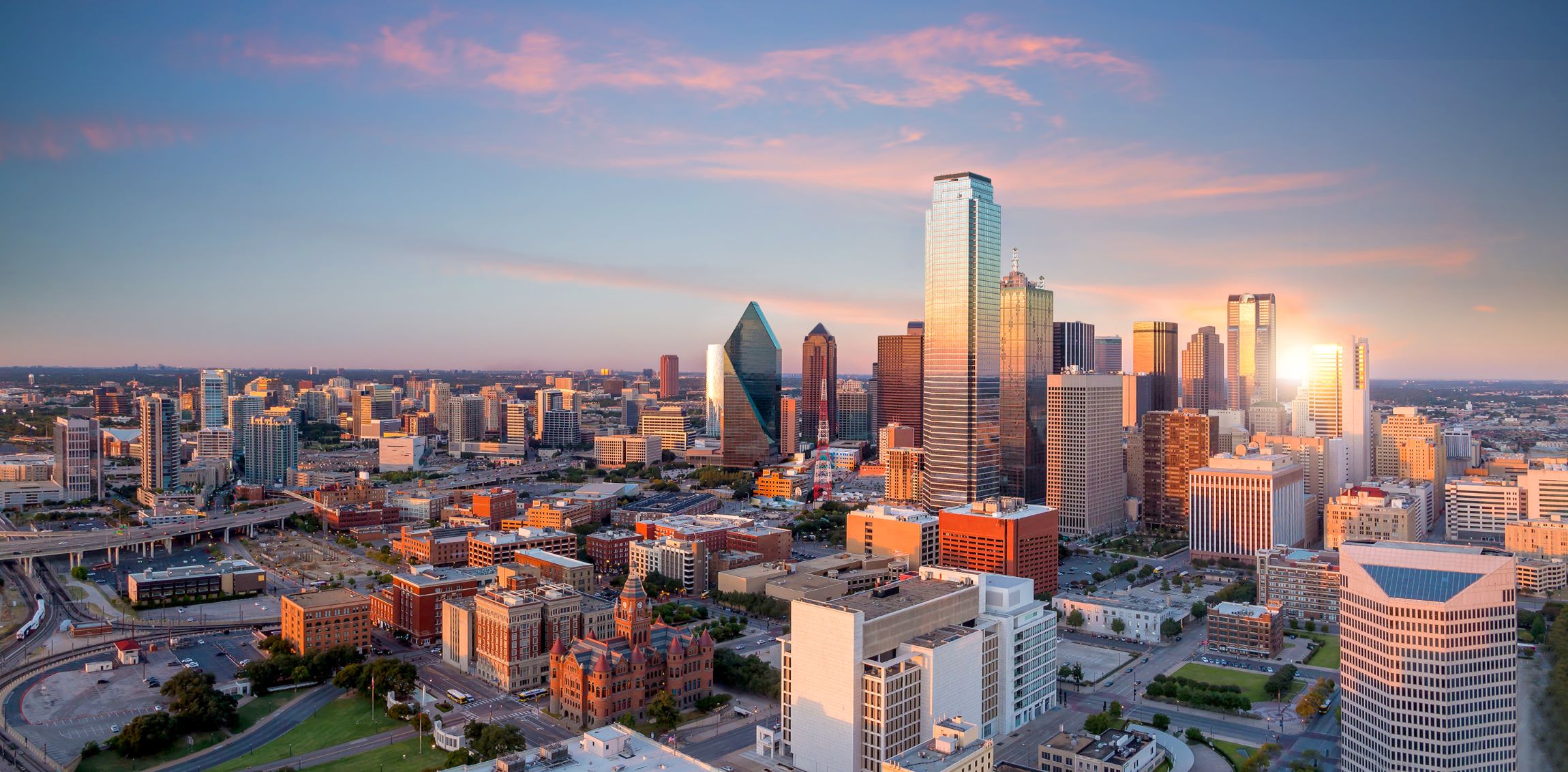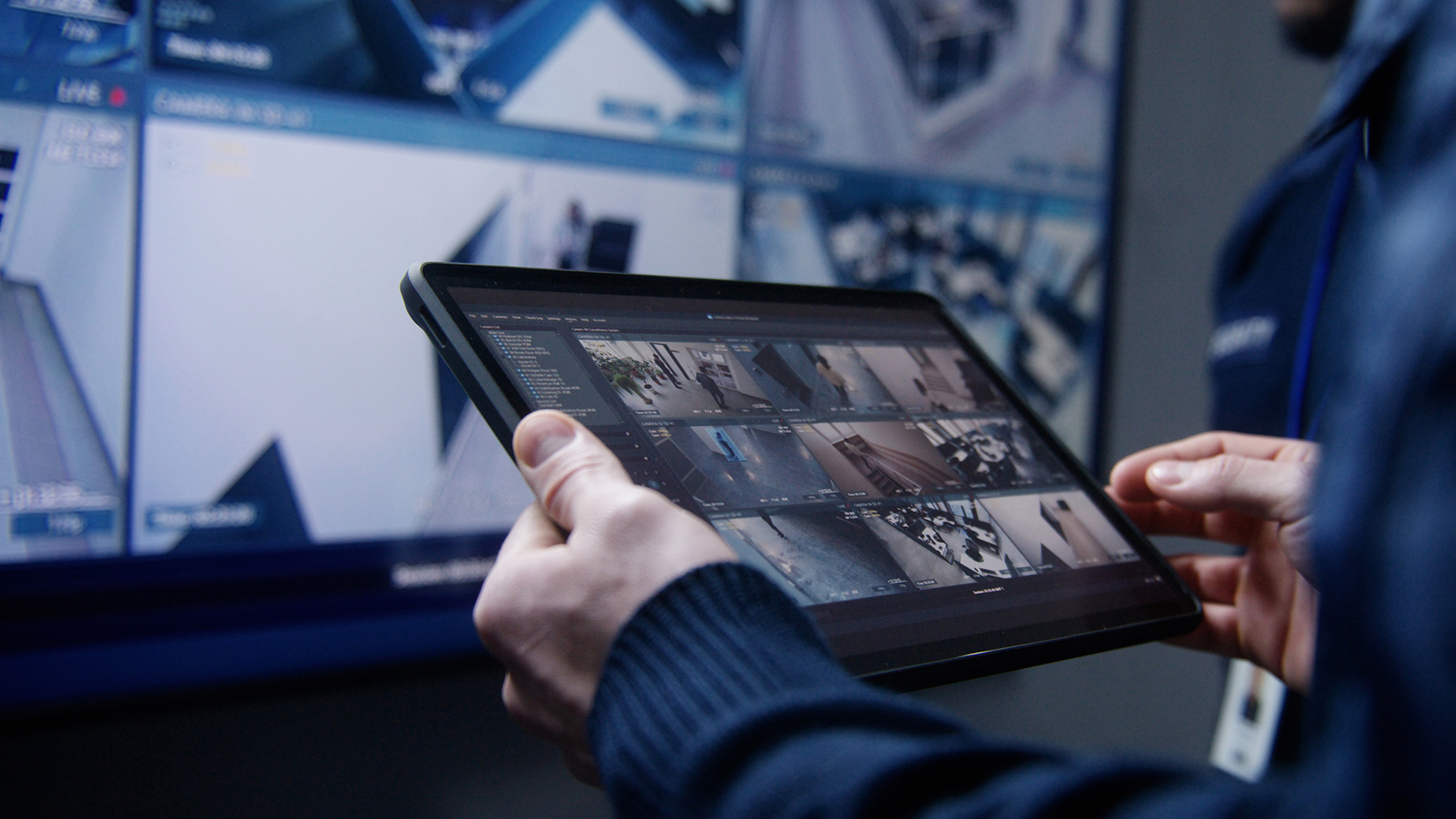Reinforce public safety with video analytics
Learn how combining video analytics and decision management systems leads to greater efficiency and automation across your public safety operations.

Around the world, threats to public safety are rising. In fact, new reports suggest that from 2022 to 2027, the public safety and security market will grow from $433.6 billion USD to $707.2 billion USD at a compound annual growth rate (CAGR) of 10.3%.
Public safety teams are under pressure to stay on top of threats and keep everyone safe. Major security events, criminal activity, and environmental crises can occur suddenly and without warning. Which is why relying on the same old technologies won’t cut it anymore.
On one hand, public safety officials must be ready to respond quickly and effectively to all types of incidents. But more than that, they need stronger detection capabilities to identify threats as they’re unfolding, and higher levels of automation to ensure they can resolve incidents in as little time as possible, so they don’t become bigger problems.
Find out how using video analytics in combination with a cutting-edge decision management system can enhance your public safety efforts in significant ways.

Common threats to public safety
Every day, public safety officials juggle hundreds and thousands of incidents. Criminal activities such as theft, assault, and vandalism aren’t only the most common challenges, but they also have the greatest impact on society.
That’s because these incidents can cause serious injury or harm victims and even bystanders. A higher prevalence of crime also creates a sense of fear in communities, which directly impacts the quality of life for residents. It can also disrupt the operations of essential services and infrastructure.
Recently, we’ve seen how a health crisis can create challenges for cities and public safety teams who suddenly need to juggle new security policies. Implementing social distancing guidelines, managing the flow of people in public spaces, and ensuring compliance with health mandates all at once is a lot to manage.
How video analytics enhances your public safety strategy
Video analytics use algorithms and machine learning to analyze video footage and extract meaningful information from it. Today, video analytics have the capacity to recognize individuals, monitor human emotions, identify criminal activities, and detect potential threats.
Video analytics are shaping the future of public safety and are helping city officials address the above-mentioned challenges head-on.
Public safety teams can use tools to be more effective at spotting threats and initiating an immediate response during emergencies. An example can be combining real-time surveillance, intelligent and context-aware video data collection, traffic management, crowd control, people counting, and crowd estimation. This also means they’re better equipped to monitor public spaces, detect and track suspicious behavior, and secure critical infrastructure.
Below are a few key examples of how video analytics can support public safety teams:
 Detection and prevention of criminal activity
Detection and prevention of criminal activity
One of the most significant advantages of video analytics is its ability to identify potential threats and prevent crimes. For instance, video analytics automatically analyze video footage from surveillance cameras in a city to determine patterns, trends, and anomalies. Police departments can then use that information to identify and de-escalate crimes in high-risk areas.
 Traffic optimization and smart mobility
Traffic optimization and smart mobility
The rise in the number of vehicles on roads worldwide has made traffic congestion a significant issue. At the same time, insufficient traffic management has resulted in a surge in road accidents. For these reasons, many cities are looking for ways to leverage their technology investments to gain better insights into their roadways.
And today they can do this by using video analytics. Traffic management analytics can enhance mobility and traffic flow by detecting potential hazards such as road accidents, bottlenecks, and other road-related incidents. With this information, authorities can initiate effective response plans and improve roadway planning to optimize safety and smart mobility.
 Crowd estimation and public safety
Crowd estimation and public safety
Crowd estimation is another highly effective video analytics tool that supports public safety measures. It displays how many people are gathered in a certain area during public demonstrations, parades, sports games, concerts, and other big-city events.
Using crowd estimation, public safety teams can quickly understand and manage the flow of these crowds. They can spot areas where overcrowding might occur and immediately deploy resources to re-direct people to other areas. They can also check the number of individuals attending a concert or a parade in advance, and make sure there will be adequate security staff on site to keep everyone safe.

How does a decision management system strengthen public safety efforts?
On any given day, public safety teams are juggling a lot of different priorities and events. Monitoring video footage and responding to countless incidents is hard enough. They’re also dealing with many false alarms, limited guidance on how to respond to specific situations, and entities that have fallen offline. They may not have enough time to fully investigate incidents because they’re having to manually search for information and handle a bunch of other routine tasks.
Using a decision management system can alleviate a lot of these challenges and drive higher levels of automation so they can focus on what they do best—keeping people safe.
For example, Mission Control™ is a collaborative decision management system that gives operators new levels of situational intelligence, visualization, and complete incident management capabilities.
Mission Control helps collect and analyze data to remove false alarms and qualify incidents. It can also be used to automate routine tasks and trigger instant system responses to threats. That means your operators will only be alerted for the most critical incidents underway, and given the tools to effectively respond. Finally, it offers guidance to operators by displaying each step of your incident management protocols so they can quickly and effectively reach a resolution.
How do video analytics and Mission Control work together?
As video analytics analyze real-time video footage and identify potential threats, Mission Control will qualify that data to detect the most pressing incidents and ensure your operators not only know about it immediately but are prepared to respond per your protocols.
With greater situational awareness and easy-to-follow prompts, your public safety team can reduce response time to incidents. They also will have the ability to streamline workflows, improve the efficiency of operations, and reduce overall stress from large workloads—enhancing public safety across cities.
What are the limitations of video analytics in public safety?
While video analytics can provide valuable insights and benefits for public safety, here are some common limitations that need to be considered:
1. Level of automation: Although many tasks and procedures can be automated, there are still some monitoring tasks that require human attention before any action can be made.
2. Privacy protection: Any time you monitor public spaces, this can bring up privacy concerns. For instance, should data fall into the wrong hands, this could lead to privacy violations with data protection and privacy laws. Video analytics can sometimes also perpetuate biases which lead to discriminatory outcomes for certain groups. Ensuring the right privacy protection and transparency about how data is being used is critical.
3. Infrastructure variabilities: Differences in infrastructure, such as cameras and network systems across different areas and organizations should not be overlooked. Video analytics software may not be compatible with all types of entities, which limits its scalability. Choosing a unified security solution can remedy this limitation by being able to connect on-premises and cloud devices onto one platform.
Start building a smarter, safer city today
As new threats impact public safety on a broader, more frequent scale, city officials need tools that can enhance early threat detection. They also need to find ways to reduce operator workloads and leverage automation, to resolve incidents faster while respecting privacy.
Having both video analytics and a decision support system is the right combination for the job. Your team will not only be alerted to the most pressing incidents underway, they’ll have everything they need at their fingertips to coordinate response and resolve incidents in less time.
